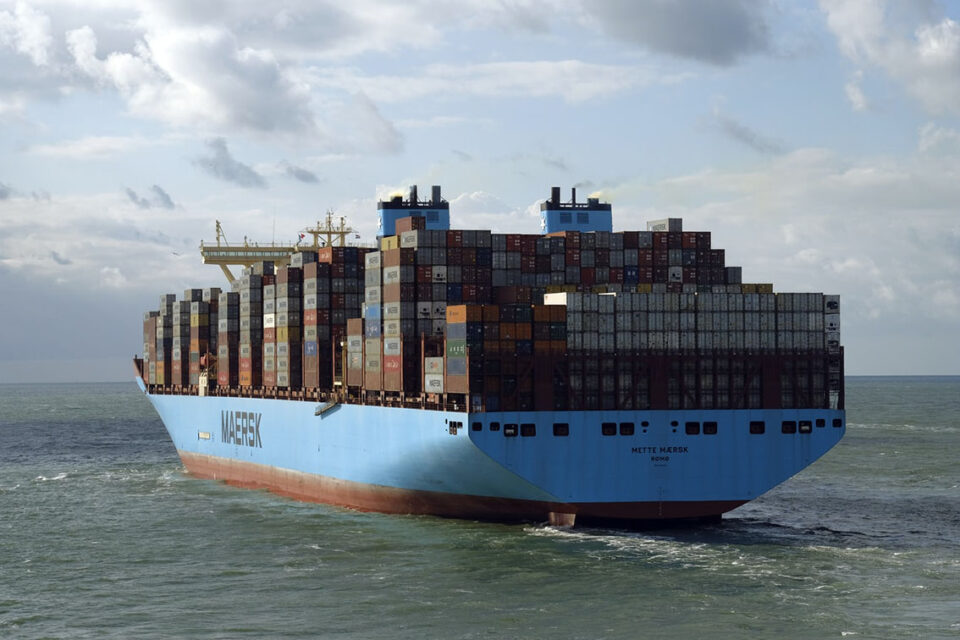Cryogenic carbon capture, a new technology that would allow ships to on board capture and sequestrate CO2 emissions into its liquid form; is going to be developed by Chart Industries and TECO 2030, after both companies entered into an agreement; you can read the agreement here.
Firstly, companies announced the agreement this Tuesday, aimed at jointly develop technological solutions to capture CO2 for the maritime industry; in particular, as said above, for ships.
Secondly, the agreement between TECO 2030 and Chart covers a period of three years; it involves the joint development of the Cryogenic Carbon Capture (CCC) technology, developed by SES; which Chart acquired back in December, 2020.
Thirdly, the cryogenic carbon capture solution is an innovative technology; which utilizes Chart’s expertise in cryogenic equipment and systems along with SES’s patented and proven tech. Particularly, it separates the CO2 from the ships’ exhaust gases, resulting in a high purity liquid CO2 product.
Also recommended for you: Northland awarded with offshore wind contract in Poland; 25-years long. Click here to read.
Cryogenic carbon capture to advance maritime industry in renewable energy
Thereafter, the liquid CO2 is then stored onboard in cryogenic storage tanks until the ship reaches port. Once it has been offloaded from the ship, the CO2 can then either be permanently stored in geological formations underground; or used in CO2-consuming industries, such as the agricultural; also, industrial, energy, or food and beverage sectors.
Moreover, the solution pretends to help the maritime industry lower its emissions. According to the statement, the International Maritime Organization (IMO) aims to reduce carbon intensity in international shipping by 40% by 2030; and to cut the total annual greenhouse gas emissions from international shipping by at least 50% by 2050; when compared to 2008’s levels.
Therefore, ship-owners and operators will be able to participate in energy transition, and in advancing maritime industry in its efforts against climate change. In addition to exhaust gas cleaning systems for ships, TECO 2030 is also developing hydrogen fuel cells for the maritime industry. These will enable ships to switch from fossil fuels to green hydrogen; which is hydrogen produced with renewable energy; and thereby become completely emissions-free.
Finally, Jill Evanko, CEO and President of Chart Industries, said. “The solutions will help enable the shipping industry to reach the greenhouse gas emissions goals for 2030 and 2050 set forth by the International Maritime Organization.”


